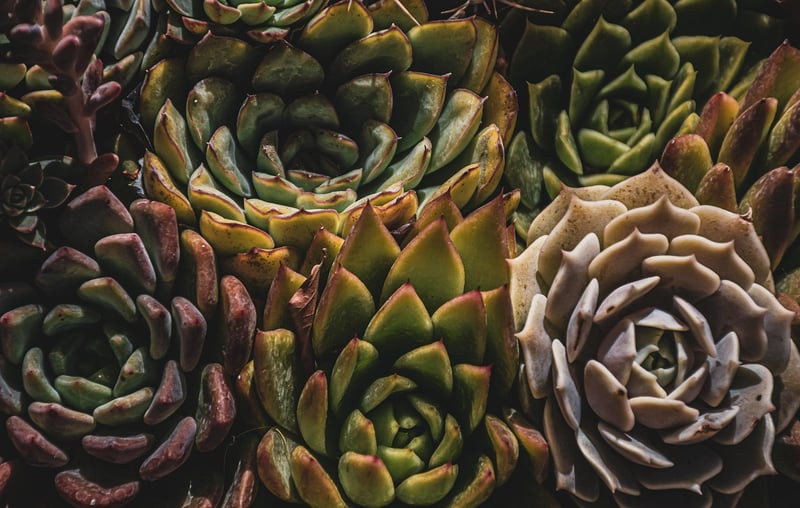Light Requirements
Essential Care Tips for Plant Health + Light Requirements
Introduction
Plants are not only a beautiful addition to any space but also play a vital role in maintaining a healthy environment. To ensure your plants thrive and stay lush, it's essential to provide proper care and meet their light requirements. Here are some essential care tips to help you keep your plants healthy and happy.
1. Watering
Proper watering is crucial for plant health. Overwatering can lead to root rot, while underwatering can cause wilting. Make sure to water your plants when the top inch of soil feels dry to the touch. Different plants have different watering needs, so it's essential to understand the requirements of each plant you have.
2. Light Requirements
Light is one of the most important factors for plant growth. Most plants fall into three categories based on their light requirements:
a. Full Sun Plants
Full sun plants require at least 6-8 hours of direct sunlight per day. Examples include cacti, succulents, and tomatoes.
b. Partial Sun/Partial Shade Plants
These plants thrive in 4-6 hours of sunlight per day. Examples include begonias, ferns, and African violets.
c. Shade-Loving Plants
Plants that prefer low light conditions and thrive in indirect sunlight. Examples include peace lilies, snake plants, and ferns.
3. Fertilizing
Plants need essential nutrients to grow, and fertilizing helps provide these nutrients. Choose a fertilizer specifically formulated for the type of plants you have and follow the instructions for application carefully. Over-fertilizing can harm your plants, so it's essential to fertilize in moderation.
4. Pruning and Maintenance
Regular pruning helps promote new growth and keeps your plants healthy. Remove dead or yellowing leaves, trim overgrown branches, and shape your plants to maintain their appearance. Additionally, inspect your plants regularly for pests and diseases and take necessary action to prevent infestations.
Conclusion
By following these essential care tips for plant health and understanding their light requirements, you can create a thriving indoor or outdoor garden. Remember that each plant is unique and may have specific care needs, so pay attention to how your plants respond to care practices and adjust accordingly. With proper care, your plants will reward you with lush foliage and vibrant blooms.

For more information on plant care and light requirements, visit The Spruce.
